Sustainability initiatives
Basic concept
Having positioned sustainability at the core of its management strategies, the Group will strive to create social value and to offer solutions to global environmental challenges by realizing sustained business growth alongside its stakeholders via various environmental and social measures. We have identified five materiality issues for achieving the goals of our new Long-term Vision for 2030: Realizing a comfortable, sustainable society while contributing to lives and culture.
We will promote sustainability management by establishing KPIs for each materiality issue and implementing priority measures that target them.
Sustainability promotion structure
The Group has established a Sustainability Committee chaired by the President and Representative Director and is currently implementing Groupwide activities to address sustainability topics under the oversight of the Board of Directors. Individual sections and Group companies study and deploy specific measures to achieve the Groupwide policies, targets, and plans established by the Sustainability Committee. The Environmental Subcommittee, Human Rights Subcommittee, Engagement Design Subcommittee, and, in FY2024, the new DX Promotion Subcommittee have been established under the Sustainability Committee to consider issues that must be addressed Groupwide. Details of their activities are reported through the secretariat to the Sustainability Committee for deliberations and decision-making. Risks approved by the Sustainability Committee are shared with compliance promotion sections; particularly important business risks are reported to the Board of Directors. We seek to reflect the perspectives of multiple stakeholders by providing opportunities for discussions with outside experts as needed.
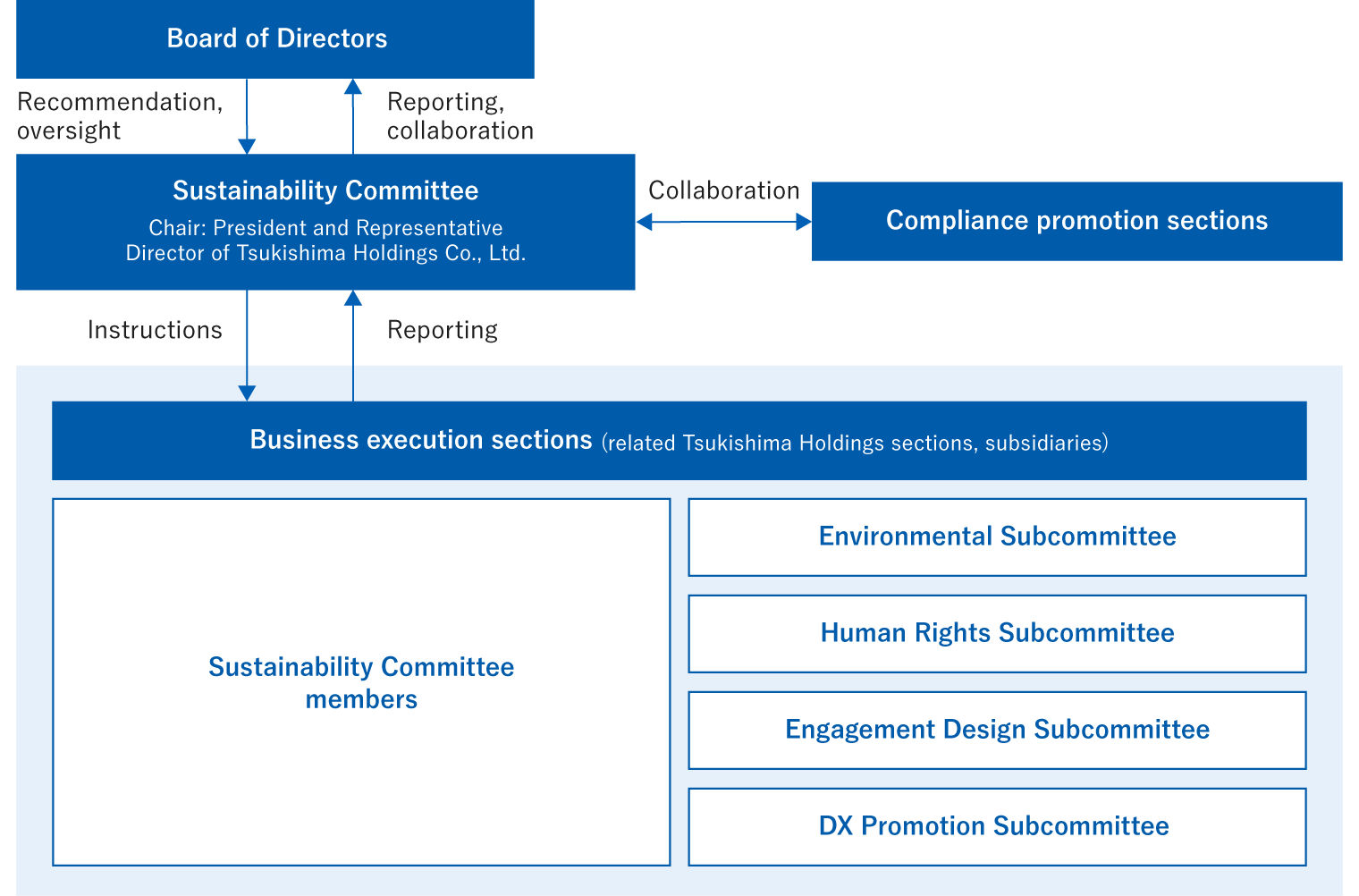
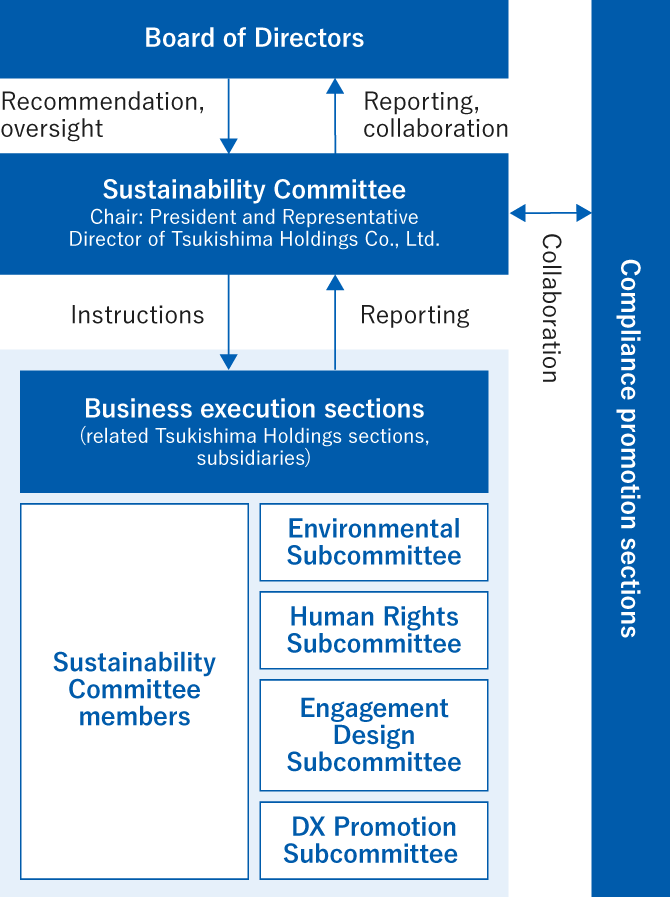
Process of identifying materiality issues
The Group’s materiality issues were identified through the following four steps. In Step 1, indicators and other materials from the leading ESG assessment agencies were referred to in identifying topics. In Step 2, these were narrowed down and materiality issues proposed through dialogue with stakeholders. In Steps 3 and 4, the final materiality issues were selected based on deliberations by the Sustainability Committee and Board of Directors.
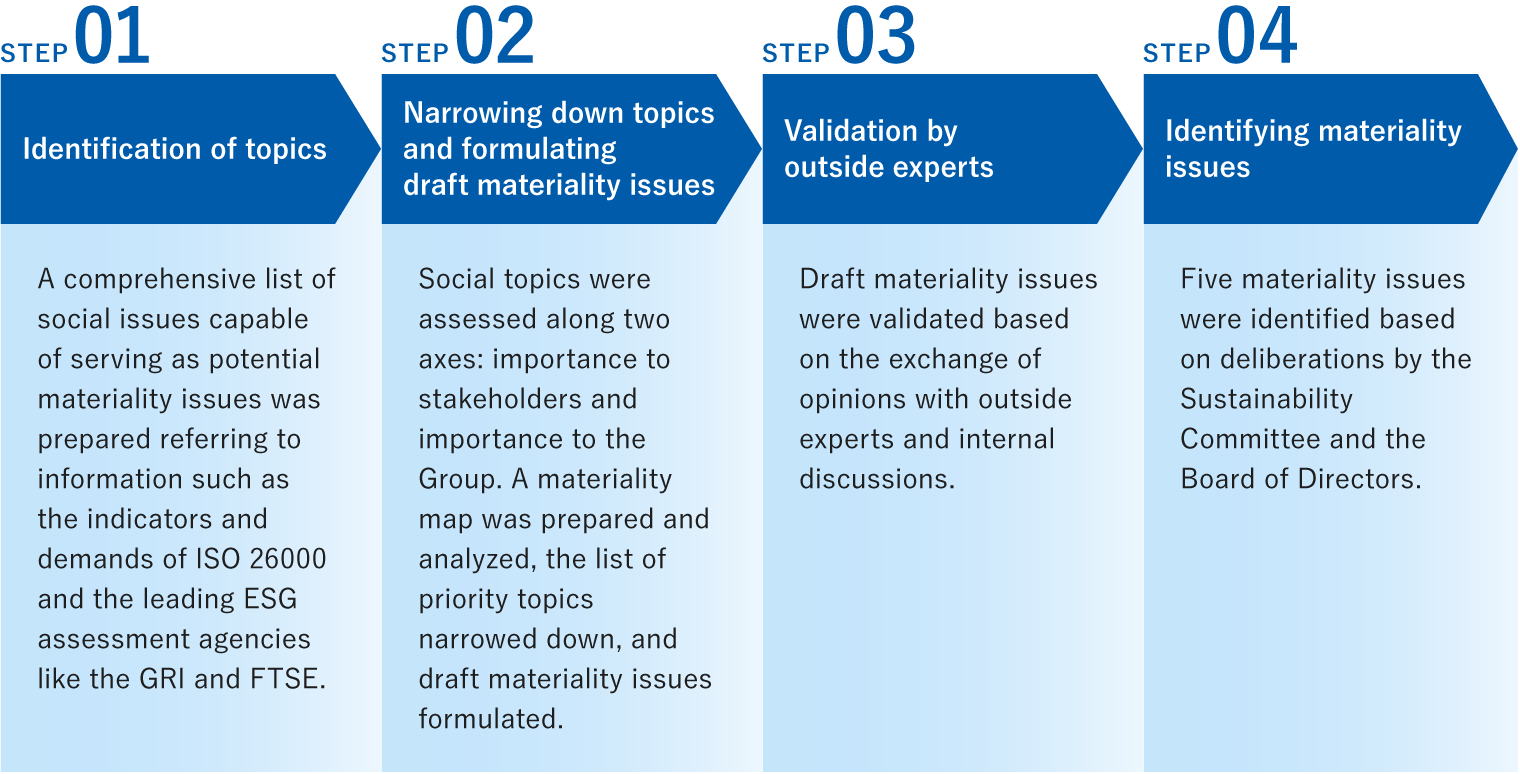
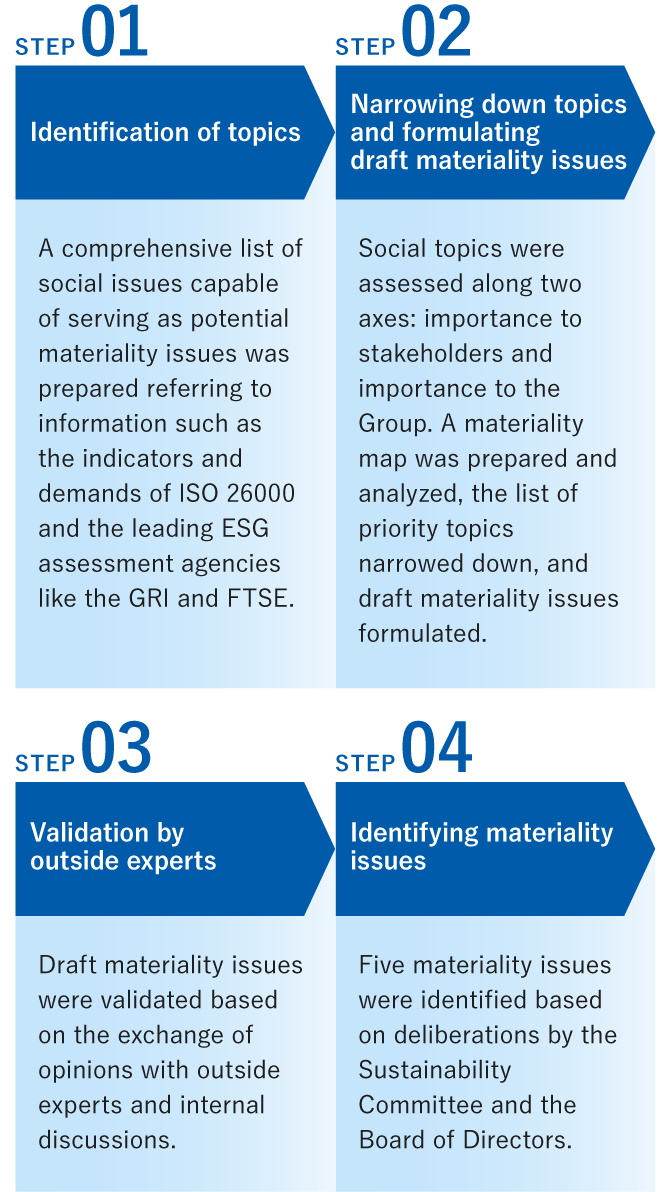
Materiality issues, priority measures, and KPIs
Materiality
Ⅰ.Contributing to a decarbonized society
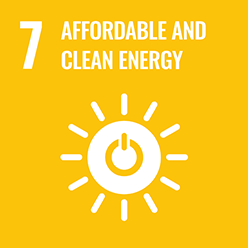

Priority measures
- Expanding the deployment and use of waste-to-energy incineration systems
- Generating energy from sewer sludge
- Technological initiatives accompanying efforts to promote EVs
- GX initiatives
- Greenhouse gas reduction (reducing Scope 1 and 2 emissions)
Materiality
Ⅱ.Sustainable use of resources
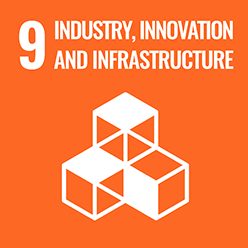
Priority measures
- Enhancing R&D in environmental businesses
- Advancing technologies for environmental protection
- Recovering valuable materials
- Boosting orders received for overseas industrial infrastructures
Materiality
Ⅲ.Contributing to a comfortable and sustainable society
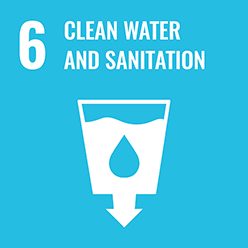
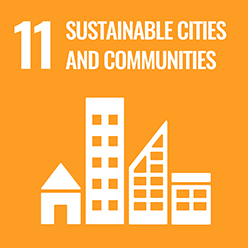
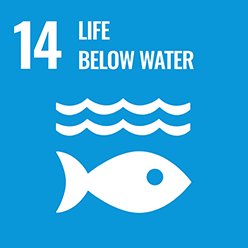
Priority measures
- Boosting comprehensive orders for water supply, sewage facilities, and related services, promoting DX in maintenance and management, enhancing capacity to respond to natural disasters
- Contributing to water safety and water infrastructure promotion and development efforts overseas
- Social contribution activities
Materiality
Ⅳ.Attractive, rewarding working environments
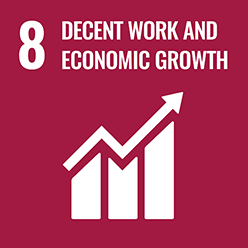

Priority measures
- Promoting respect for human rights, diversity, and inclusivity
- Hiring and developing diverse human resources
- Promoting occupational health and safety and health management
- Resolving labor and human rights issues along the supply chain
Materiality
Ⅴ.Developing a governance
structure to realize sustainability management


Priority measures
- Establishing and promoting a Sustainability Committee
- Appointing Directors and Corporate Auditors from diverse backgrounds
- Addressing climate change risks
- Securing and utilizing intellectual property
Most important KPIs
Sales ratio of
businesses that
contribute to a
decarbonized society
- Water Environment Business
- 20% or more
- Industrial Business
- 20% or more
FY 2024
results
- 39%
- 48%
Scope1 and 2
Establish roadmap for
reduction of
greenhouse gas emissions
Scope3
Calculate and
disclose by 2026
Formulation of roadmap to zero GHG emissions completed
Scope 3 verification and implementation
R&D expenses that
contribute to
a decarbonized
society
- 30% or more
- 33%
Promoting respect for
diversity
(FY2026 targets)
- Ratio of women managers
(Tsukishima Holdings
standards) - 6% or more
- Utilization ratio of men
childcare leave programs - 100%
- Ratio of women on
board of
directors - 15% or more
- 5.2%
- 90%
- 8.3%
Human Resources Data
|
Items (Subjects: |
Ratio (%) (as of the end |
Share of women in |
15.2% |
|---|---|
|
Share of women in |
10.5% |
